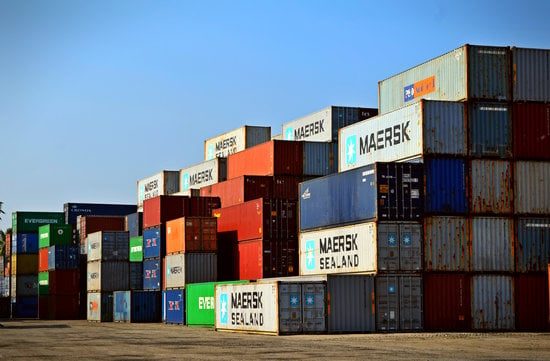The logistics industry is constantly evolving, driven by technological advancements, changing consumer expectations, and global economic shifts. As we look ahead, several trends are poised to shape the future of logistics. In this blog post, we’ll explore some of the key trends that businesses should watch and consider as they navigate the ever-changing logistics landscape.
1. Increased Adoption of Automation
Automation is set to play a pivotal role in the future of logistics. From automated warehouses to robotic process automation (RPA) in supply chain management, businesses are increasingly investing in technology to streamline operations and reduce labor costs. Automated systems enhance efficiency, minimize human error, and enable companies to respond quickly to market demands.
2. The Rise of E-Commerce Logistics
With the continued growth of e-commerce, logistics providers must adapt to meet the demands of online shopping. This trend includes enhancing last-mile delivery solutions, improving order fulfillment processes, and offering flexible shipping options. As consumers increasingly expect fast and reliable deliveries, businesses must prioritize e-commerce logistics to stay competitive.
3. Sustainability as a Core Strategy
As environmental concerns become more pressing, sustainability is no longer just a buzzword—it’s a core business strategy. Companies are increasingly prioritizing eco-friendly practices in their logistics operations, from optimizing transportation routes to using sustainable packaging. Embracing sustainability not only meets consumer expectations but also helps businesses reduce costs and enhance their reputation.
4. Data-Driven Decision Making
The use of data analytics is transforming the logistics industry. Companies are leveraging big data to gain insights into customer behavior, optimize inventory management, and enhance supply chain visibility. By making data-driven decisions, businesses can improve efficiency, reduce costs, and enhance customer satisfaction.
5. Blockchain Technology in Supply Chain Management
Blockchain technology is gaining traction in logistics as a solution for enhancing transparency and security in supply chain transactions. By providing a decentralized and tamper-proof ledger, blockchain can help track the movement of goods, verify authenticity, and reduce fraud. As businesses seek to improve trust and accountability in their supply chains, blockchain will play a crucial role.
6. The Growth of Omnichannel Logistics
Omnichannel logistics focuses on providing a seamless customer experience across multiple channels, including online, in-store, and mobile. As consumers increasingly expect flexibility in how they shop and receive their orders, businesses must implement integrated logistics solutions that cater to diverse customer preferences. This trend requires enhanced inventory management and coordination between different sales channels.
7. Investment in Last-Mile Delivery Solutions
Last-mile delivery—the final leg of the shipping process—remains one of the most challenging aspects of logistics. Companies are investing in innovative last-mile delivery solutions, such as drones, autonomous vehicles, and crowd-sourced delivery services, to improve speed and efficiency. As urbanization continues to grow, optimizing last-mile delivery will be essential for meeting customer expectations.
8. Enhanced Supply Chain Resilience
The COVID-19 pandemic highlighted the vulnerabilities in global supply chains, prompting businesses to prioritize resilience and flexibility. In the future, companies will invest in diversifying their supplier base, increasing inventory buffers, and developing contingency plans to mitigate disruptions. Building a resilient supply chain will be critical for navigating uncertainties and ensuring business continuity.


Hi, this is a comment.
To get started with moderating, editing, and deleting comments, please visit the Comments screen in the dashboard.
Commenter avatars come from Gravatar.